Festivals and Holidays
Festivals and Holidays at Temple Beth El are unique celebrations of our Jewish history and traditions. Whether festive and joyful or occasions for deep introspection, we invite you to join our synagogue community for our festival and holiday services and events.
High Holy Days 2024

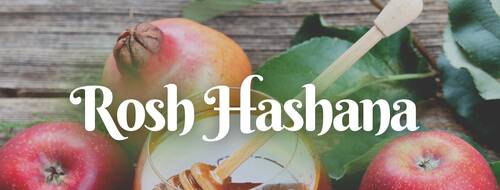 Rosh Hashanah (literally, “Head of the Year”) is the Jewish New Year, a time of prayer, self-reflection and repentance. We review our actions during the past year, and we look for ways to improve ourselves, our communities and our world in the year to come.
Rosh Hashanah (literally, “Head of the Year”) is the Jewish New Year, a time of prayer, self-reflection and repentance. We review our actions during the past year, and we look for ways to improve ourselves, our communities and our world in the year to come.

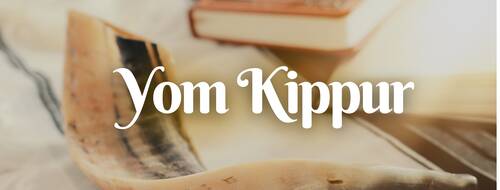 Yom Kippur, the "Day of Atonement," refers to the annual Jewish observance of fasting, prayer and repentance. Yom Kippur is considered the holiest day on the Jewish calendar, as we dedicate our minds, bodies and souls to reconciliation with our fellow human beings, ourselves and God.
Yom Kippur, the "Day of Atonement," refers to the annual Jewish observance of fasting, prayer and repentance. Yom Kippur is considered the holiest day on the Jewish calendar, as we dedicate our minds, bodies and souls to reconciliation with our fellow human beings, ourselves and God.

 Sukkot, the Jewish festival of thanks for the fall harvest, is the only festival associated with an explicit commandment to rejoice. Temple Beth El celebrates by building our own Sukkah. We invite our community to rejoice, eat and share what we have with each other.
Sukkot, the Jewish festival of thanks for the fall harvest, is the only festival associated with an explicit commandment to rejoice. Temple Beth El celebrates by building our own Sukkah. We invite our community to rejoice, eat and share what we have with each other.

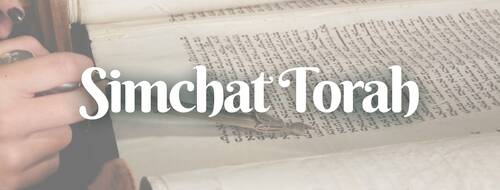 Immediately following Sukkot, we observe Simchat Torah, celebrating the completion of the annual reading of the Torah and affirming Torah as one of the pillars on which we build our lives. As part of the celebration, the Torah scrolls are taken from the ark and danced around the synagogue.
Immediately following Sukkot, we observe Simchat Torah, celebrating the completion of the annual reading of the Torah and affirming Torah as one of the pillars on which we build our lives. As part of the celebration, the Torah scrolls are taken from the ark and danced around the synagogue.
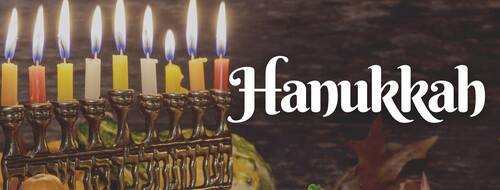 One of the most festive holidays of the year, Chanukah, or the Festival of Lights, brings light, joy and warmth to our homes and communities as we celebrate with candles, food, family and friends. Modern celebrations include the lighting of the menorah, playing special songs and games and eating foods prepared in oil.
One of the most festive holidays of the year, Chanukah, or the Festival of Lights, brings light, joy and warmth to our homes and communities as we celebrate with candles, food, family and friends. Modern celebrations include the lighting of the menorah, playing special songs and games and eating foods prepared in oil.
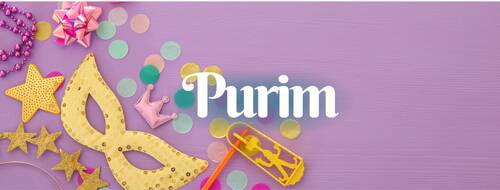
 Purim is a joyous holiday that affirms and celebrates Jewish survival and continuity throughout history. The main communal celebration involves a public reading from the Book of Esther. The reading is typically a rowdy affair, punctuated by booing and noise-making when Haman’s name is read aloud.
Purim is a joyous holiday that affirms and celebrates Jewish survival and continuity throughout history. The main communal celebration involves a public reading from the Book of Esther. The reading is typically a rowdy affair, punctuated by booing and noise-making when Haman’s name is read aloud.

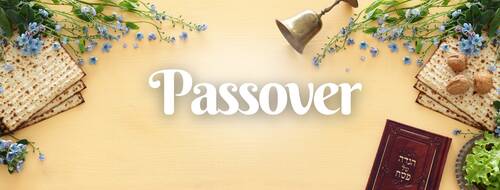 Passover, the Festival of our Freedom, celebrates the Exodus of the Jews from Egypt. The main observances of this holiday center around the seder, which includes a festive meal. The Haggadah retells the events of the Exodus so that each generation may remember this story that is so central to Jewish life and history.
Passover, the Festival of our Freedom, celebrates the Exodus of the Jews from Egypt. The main observances of this holiday center around the seder, which includes a festive meal. The Haggadah retells the events of the Exodus so that each generation may remember this story that is so central to Jewish life and history.

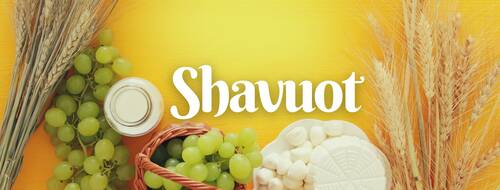 The festival of Shavuot celebrates the giving of the Torah at Mount Sinai and encourages us to embrace the Torah’s teachings and be inspired by the wisdom Jewish tradition has to offer.
The festival of Shavuot celebrates the giving of the Torah at Mount Sinai and encourages us to embrace the Torah’s teachings and be inspired by the wisdom Jewish tradition has to offer.
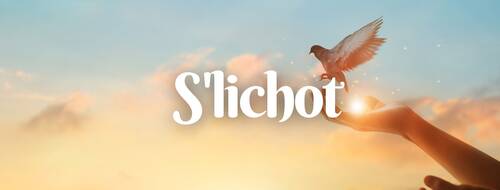 Selichot is a beautiful, moving service usually preceded by dinner and study. It is the first time that we sing the penitential prayers of the High Holy Day season, beginning the process of soul-searching and soul-cleansing that make the High Holy Days so powerful and personal.
Selichot is a beautiful, moving service usually preceded by dinner and study. It is the first time that we sing the penitential prayers of the High Holy Day season, beginning the process of soul-searching and soul-cleansing that make the High Holy Days so powerful and personal.
Mon, November 24 2025 4 Kislev 5786





